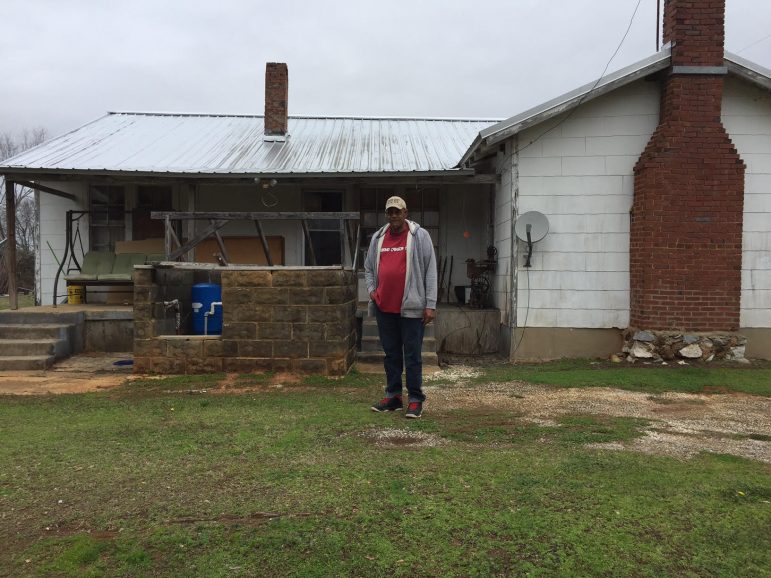For the past 15 years, Albert “Peter” Datcher Jr. has been tracing his family history from slavery to farming in a small rural, predominately white town in Shelby County, Alabama.
Six generations have slept in the 1,500 square foot modest home in Harpersville, a small town thirty miles southeast of Birmingham, including the slave Lucy Baker. Lucy Baker is Albert’s great-grandmother. She and her husband, Albert Peter Datcher, were slaves in the 1800s and went on to become successful farmers, landowners, and community leaders.
As a young boy, Datcher heard lots of stories about his ancestors from his mother, but at the time did not care much. It wasn’t until he turned 50 and visiting his great-grandfather’s gravesite that he wanted to learn more.
He and his wife searched online, went to the local library and churches but came up with very little. Then he remembered four trunks his mother Ruth had saved. Inside, he found hundreds of family photographs, the original deed to the farm, and medical records of hundreds of babies delivered by his great-grandmother.
Datcher wanted to be sure African-American contributions to Harpersville were recognized. In 2012, he turned over copies of all his family’s memorabilia to the Alabama Department of Archives and History where it was later part of a special exhibit, and to the Shelby County Historical Society.
Datcher sits on the Shelby County Historical Society Board. He takes students on tours through the Datcher house, exposing them to a period of local history they rarely learn or hear about first-hand.
He’s also continuing to collect stories, not just about his family, but about others from that time.
The Datcher farm remains one of the largest African-American-owned crop farms in Shelby County.

